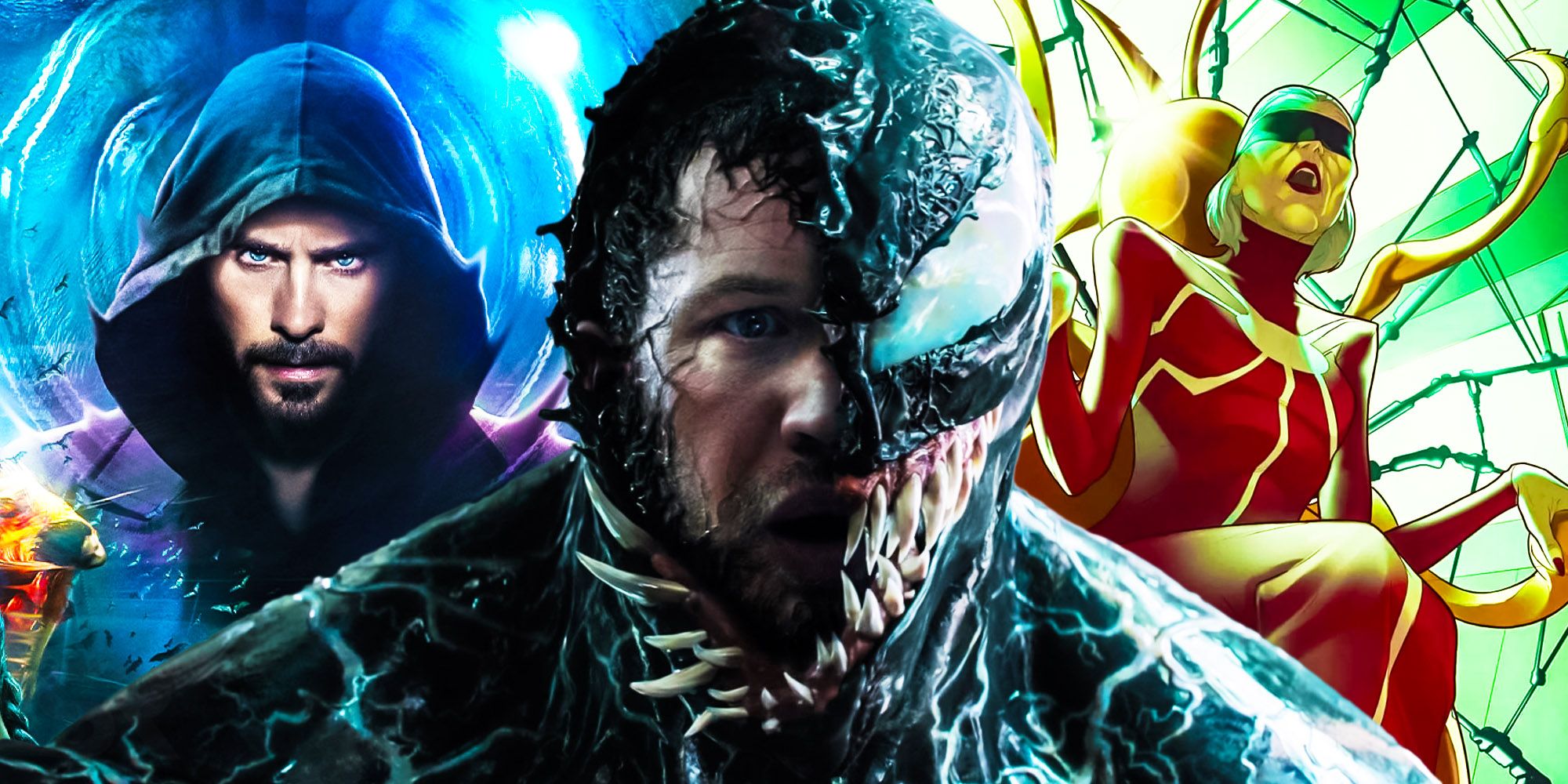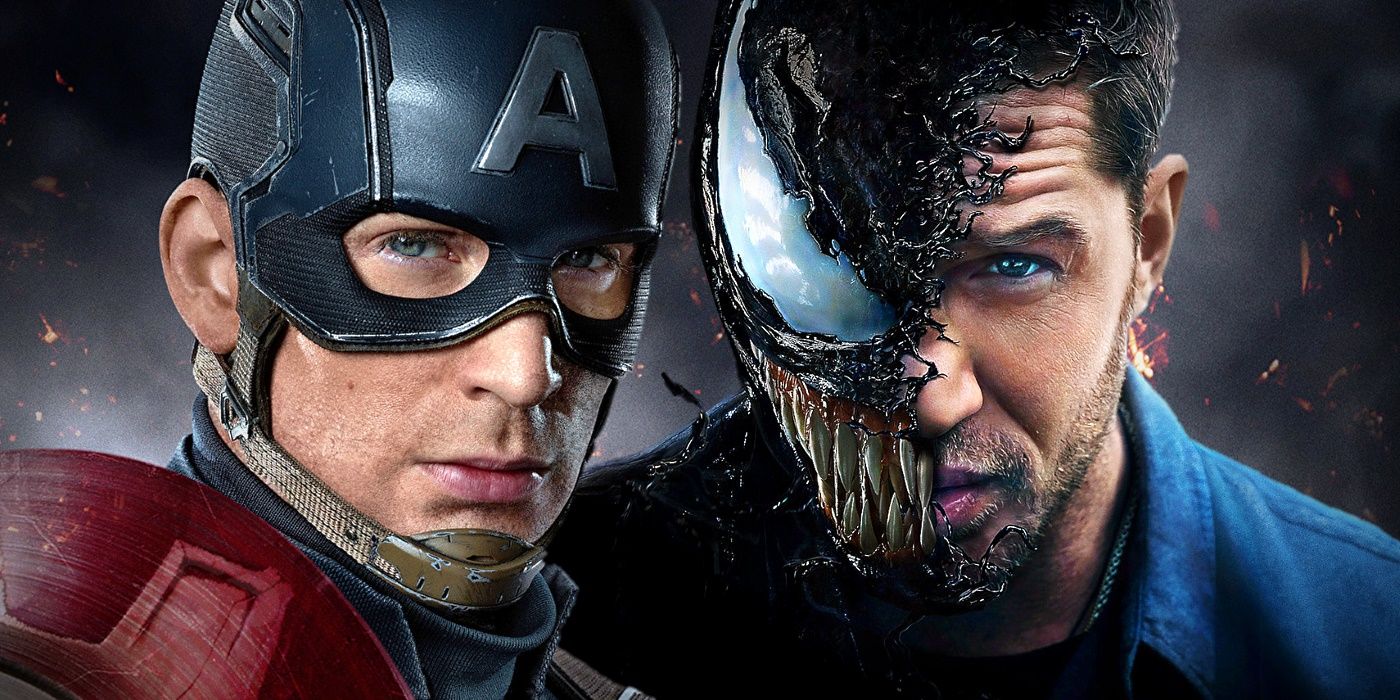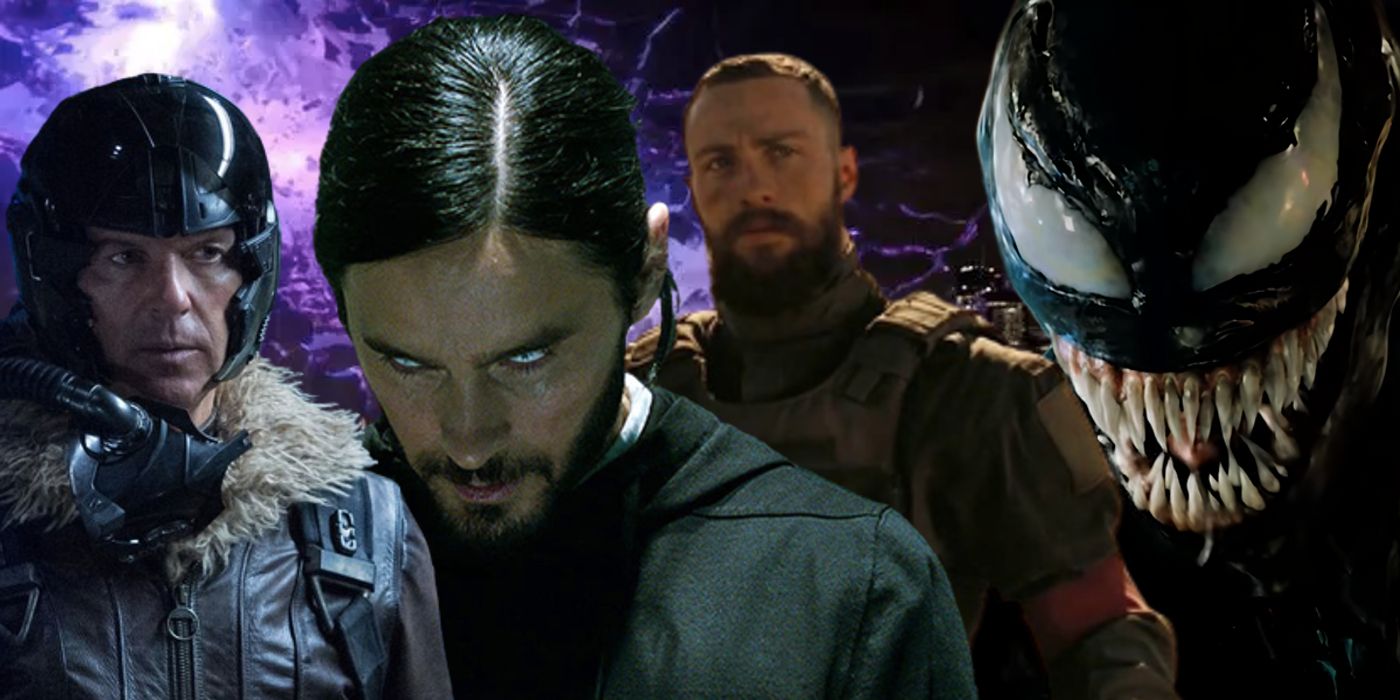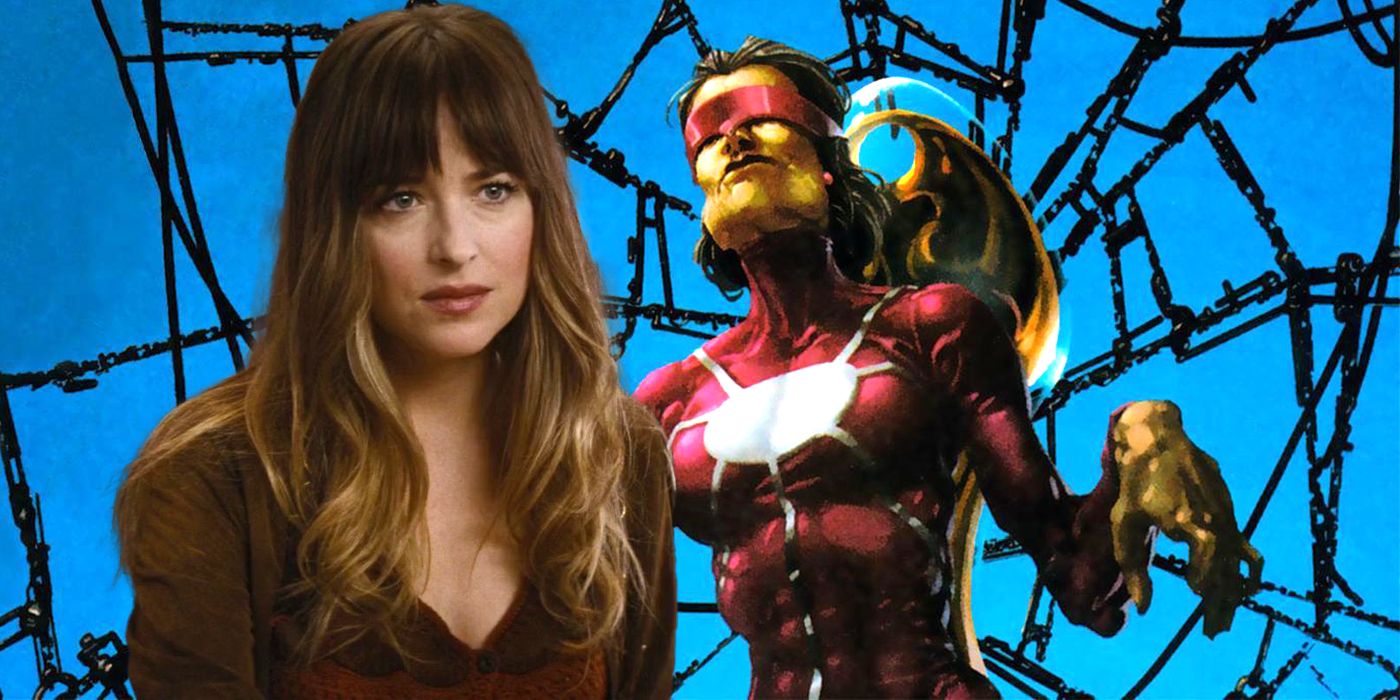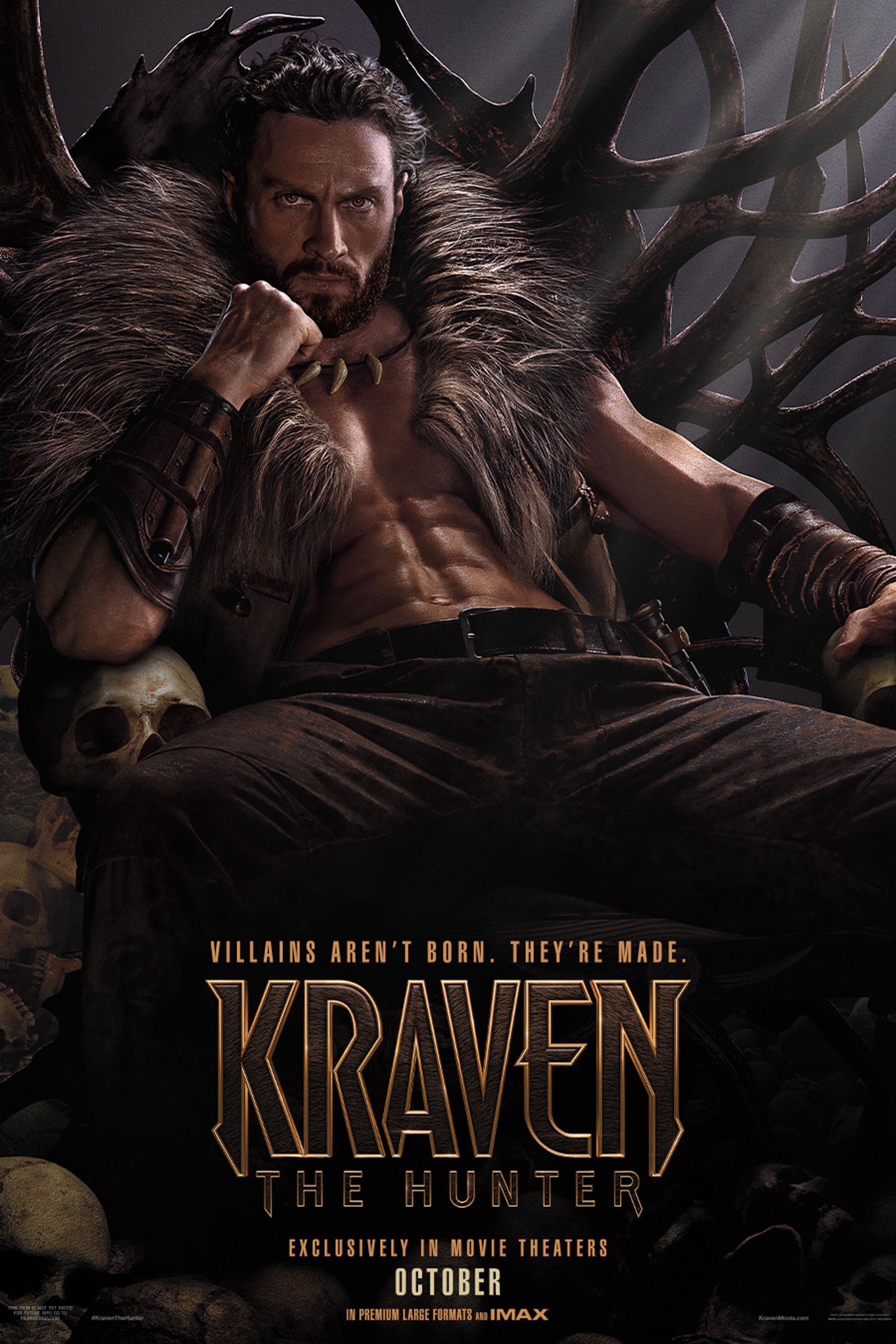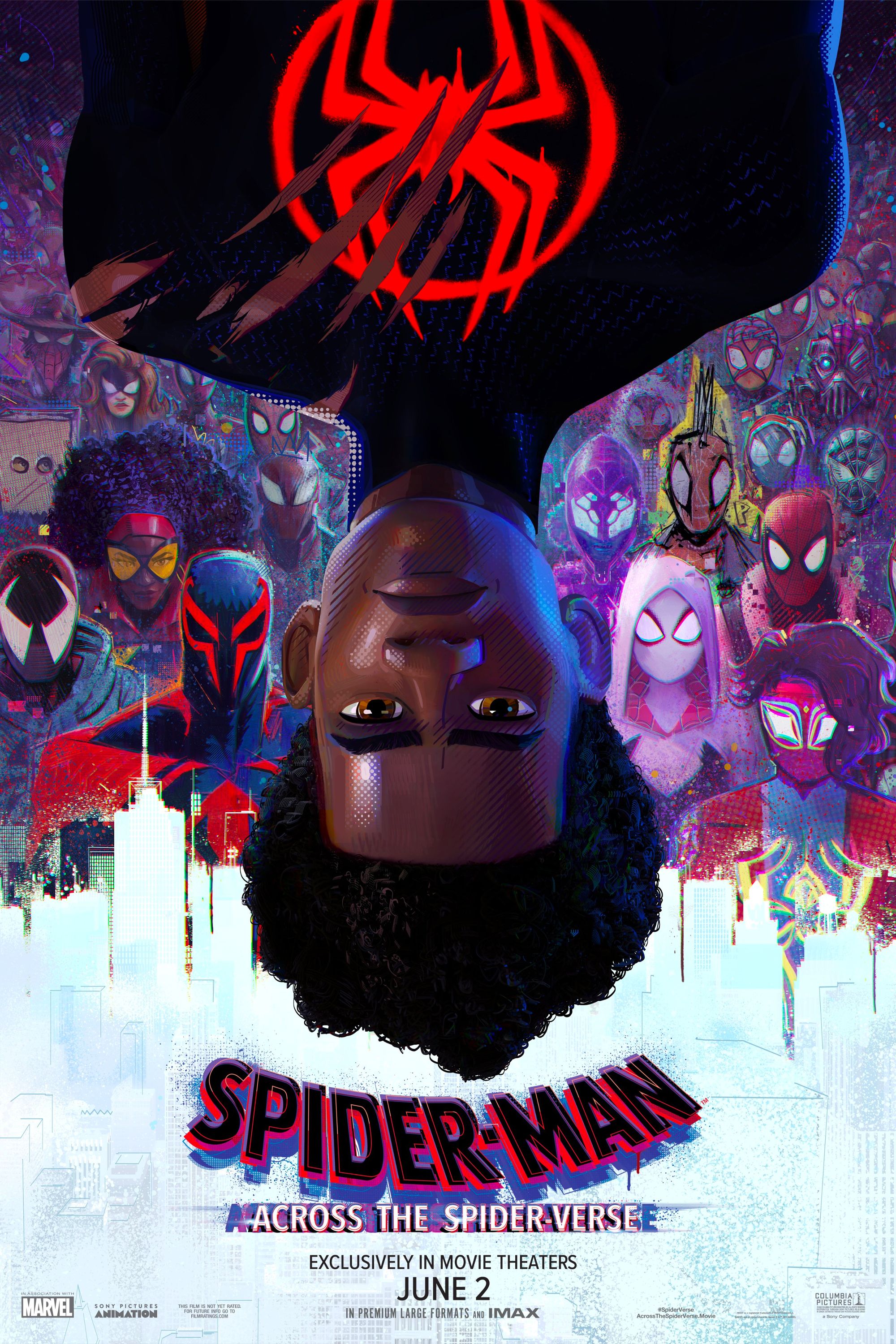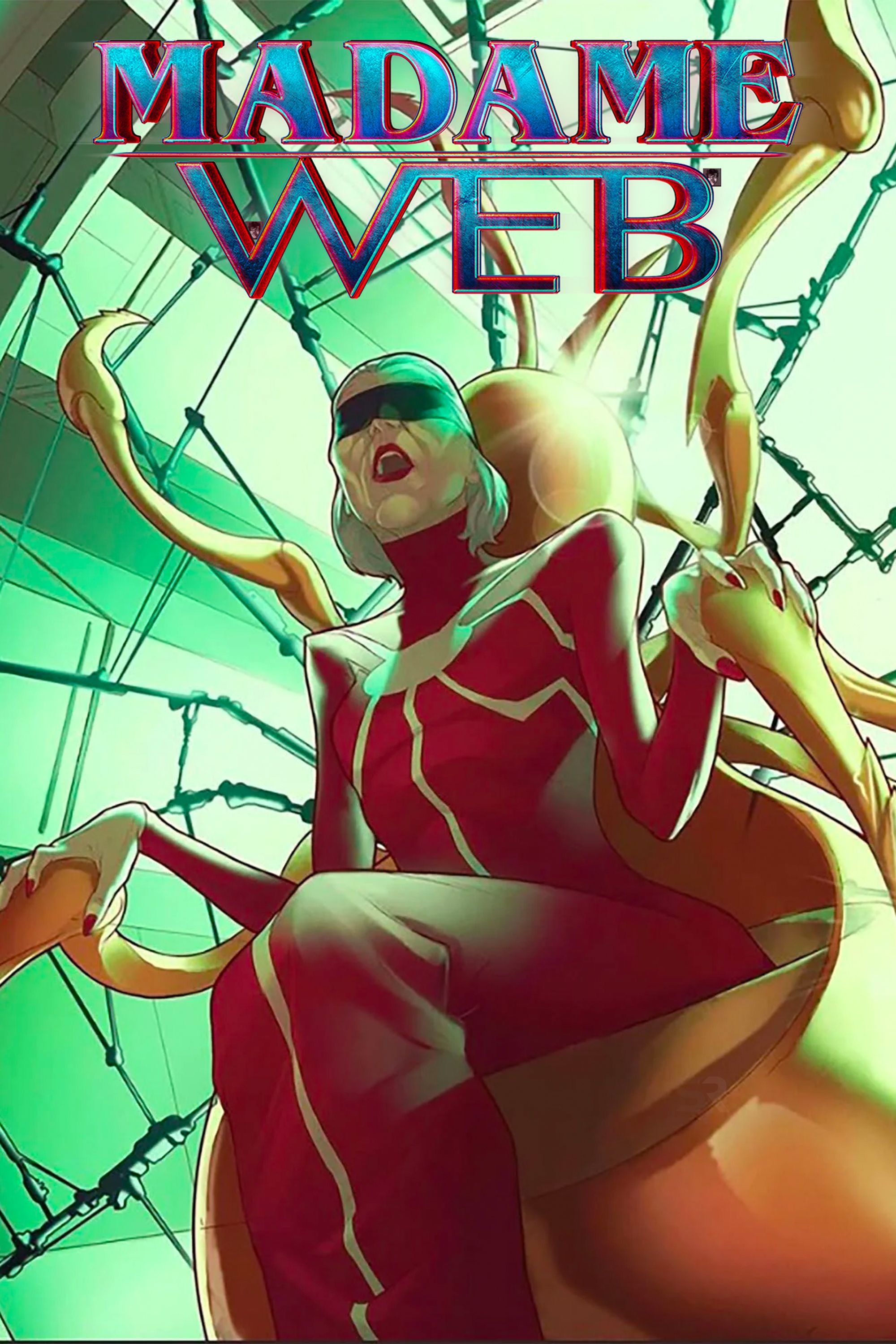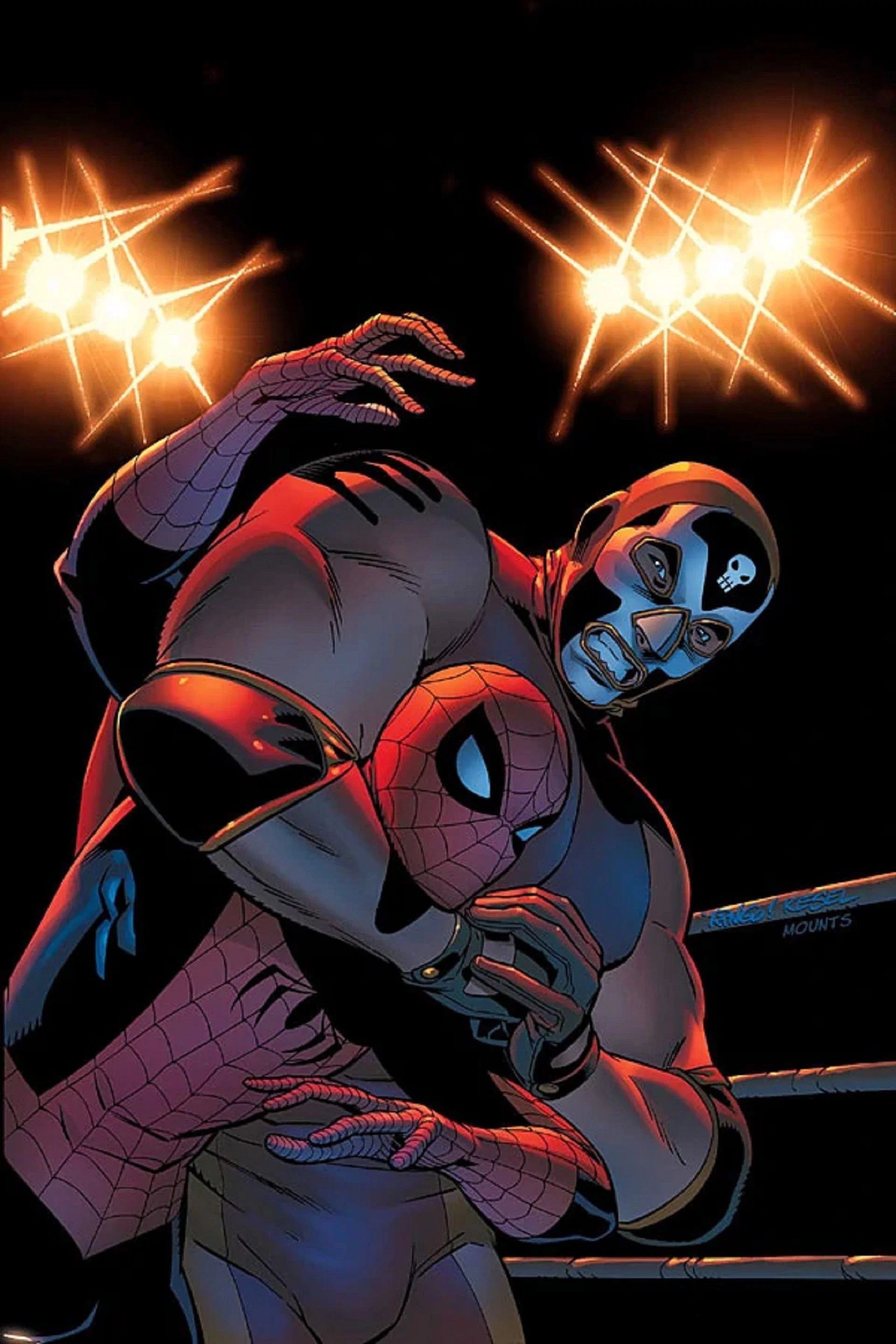While Sony's Spider-Man Universe is not well-regarded, the franchise is something the superhero genre needs to continue thriving. The studio's Marvel-adjacent series kicked off in 2018 with Venom, starring Tom Hardy as Eddie Brock. Despite a largely negative critical reception, the film found great financial success, amassing over $800 million worldwide. Venom was followed by Spider-Man: Into the Spider-Verse, which went on to win the Oscar for Best Animated Feature. Nearly three years later, the franchise expanded with Venom: Let There Be Carnage, which was then followed by Morbius, starring Jared Leto. The latest film was also panned critically and ended up having an even more disappointing financial reception.
Sony will expand its nascent franchise in 2023 with Kraven the Hunter, starring Aaron Taylor-Johnson, and in 2024 Madame Web, headlined by Dakota Johnson. Sony is attempting to carve out a place for itself in a crowded and extremely competitive superhero space, as the juggernauts, DC and Marvel Studios are both vying for audiences' attention with their respective cinematic universes. After a troubled start, the DCEU has gradually found its footing with projects like Shazam! and The Suicide Squad. Then, there is the MCU, which has largely dominated the superhero market for over a decade. Both franchises have benefited from their ability to tap into an extensive library of characters when developing new projects.
Sony, on the other hand, is building its world with a relatively limited character roster, which encompasses nearly every character under the Spider-Man umbrella. Despite brief crossovers with Tom Hardy's Venom in the MCU and a Vulture cameo in Morbius, Sony's universe stands mostly on its own. Aside from Into the Spider-Verse, the film series has yet to inspire enthusiasm from audiences. The studio is often faced with criticisms of attempting to craft a cinematic world out of villains, antiheroes, and C-list comic book characters like the aforementioned Morbius and Madame Web. But, in spite of those criticisms, Sony's universe plays an important role in allowing the superhero genre to evolve.
Sony's Spider-Man Universe Is Following The MCU Model
One of the biggest criticisms about Sony's Spider-Man Universe is its focus on obscure comic book characters. Yet, that is precisely how Marvel Studios built the MCU. Upon the franchise's creation, the studio did not have access to major heroes like Spider-Man, mutants like the X-Men, or the Fantastic Four. The only characters at its disposal were firmly positioned in the B and C-level tiers of comic book popularity. Nonetheless, the studio developed the heroes it had access to and gradually positioned them as pop culture icons. Much like Marvel, Sony's focus on lesser-known heroes and villains is more out of necessity rather than choice. The studio is limited to the film rights of Spider-Man-related characters, which explains its choice of protagonists.
Through that strategy, Sony is, whether knowingly or not, following the model established by Marvel Studios. Admittedly, four projects in, the franchise have not been met with the same acclaim the MCU enjoyed from its first installment. But, Marvel's saga also experienced shortcomings both early on and years into its existence with the likes of The Incredible Hulk (despite a promising post-credits scene), Iron Man 2, Thor, and Thor: The Dark World. Though Sony's projects have faced a largely negative critical reception, the universe is still finding its footing. As such, there is still an opportunity to use the feedback received from prior projects to make films like Kraven the Hunter and Madame Web more crowd-pleasing ventures.
Sony's Spider-Man Universe Adds More Variety To Superhero Films
The large amount of yearly offerings from Marvel Studios and DC means the comic book genre is in constant need of variety, and Sony's Spider-Man Universe is crucial to provide it. The DCEU and MCU have explored drastically different genres and concepts. DC has been successful in giving many of its projects distinct tones, evidenced by family-friendly adventures like Shazam! and Aquaman, and R-rated action-comedies like Birds of Prey and The Suicide Squad. Given the franchise's limited number of projects per year, though, the impact of its variety is arguably not as noticeable as it could be. In the case of the MCU, there is a distinctive tone and storytelling approach that permeates throughout its films, in spite of their different genres. That isn't a detriment, given the series' overall quality.
However, due to its dominance over the market, the MCU gives audiences very specific expectations for the comic book genre as a whole. Sony's movies, meanwhile, introduce a new avenue for superhero storytelling. The Venom films, for example, focus on a morally gray protagonist who attempts to do good through reprehensible methods. Venom 2's monstrous symbiotes offer interesting moral dilemmas laid out through a mixture of lightheartedness, drama, and, at times, body horror. Morbius is a more straightforward action blockbuster focused on the duality of its main character and his desperate plight to cure himself. Michael Morbius is a more traditionally heroic figure in many ways, but his necessity to kill to survive puts a twist on the superhero archetype.
Arguably, the best example of the variety provided by Sony is Into the Spider-Verse. The film features comedy, drama, and themes of identity packaged in a unique visual style. Such a combination allowed the movie to give gravitas to the animated superhero genre, which, prior to its release, had largely been treated as straight-to-video entertainment aimed at younger audiences. While, apart from Spider-Man: Into the Spider-Verse, Sony's films haven't necessarily delivered groundbreaking takes on comic book adaptations, its projects are different enough from the traditional superhero fare to imbue the genre with the storytelling and tonal variety it needs.
Sony's Franchise Can Become One Of The Most Unique Superhero Universes
Sony's Spider-Man Universe has struggled critically, but there is enough potential in its offerings that, if allowed to expand further, the franchise could become one of the most unique superhero universes in the market. With only four films, Sony has already created an eclectic roster of characters that includes living vampires, alien symbiotes, and multiverse heroes. It will also introduce a psychic superhero in 2024 with Dakota Johnson's Madame Web, and a human hunter in Aaron Taylor-Johnson's Kraven. The protagonists of Sony's Spider-Man Universe are vastly different from one another; so much so that, on paper, they don't necessarily fit in a shared environment. However, it's those differences that make the series so enticing.
Unlike the MCU, which largely focuses on morally sound heroes, Sony is building a universe dominated by morally reprehensible individuals, something that hasn't been seen in the genre. The film series is comprised of a fascinatingly varied group of characters, each offering distinct tones, perspectives, and themes. That eclectic nature imbues the universe with fascinatingly intricate mythology. It also allows it to stand out in an ever-expanding genre. Sony's franchise may not be beloved, but there is a market for its unique perspective on superheroes. As proven by projects like Deadpool (not yet in the MCU), Guardians of the Galaxy, and Shazam!, audiences are open to different types of comic book adaptations. As such, If executed well, future projects could allow Sony's Spider-Man Universe to become a mainstay in the superhero world, expanding the genre's content offerings and thus, extending its longevity.

